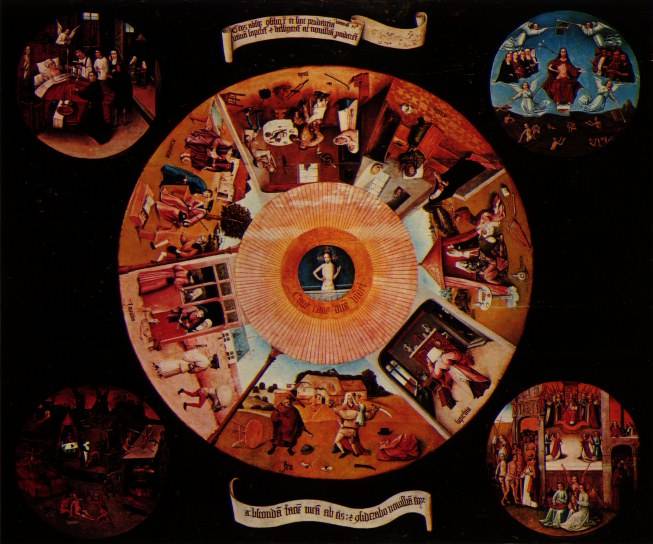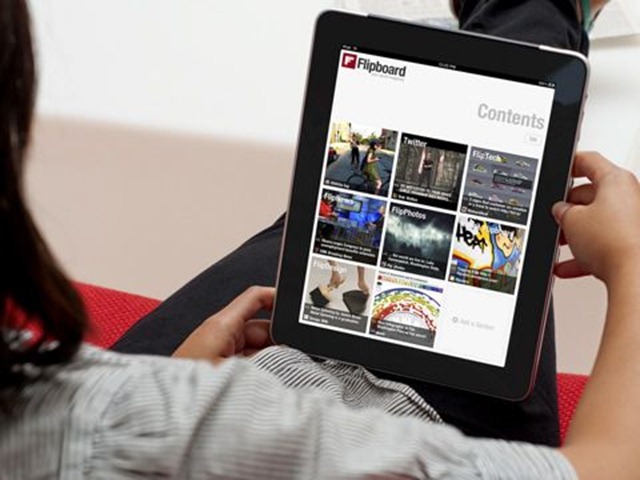Are you an e-book sinner or saint?
The people at the church of Google believe we do not have to dress up every Sundaymorning anymore, go to church and watch the preacher to experience something like a God. We experience an actual God everyday at work or at home: but forget all those supernatural Gods that are not scientifically provable but Google is the closest thing to a ‘god’ human beings have ever directly experienced.
It is this kind of divine metaphor Liza Daly, consultant and president at Threepress Consulting, used when talking about the flaws of e-books at the 2010 Digital Book World conference. Forget about greed, envy, sloth, lust, gluttony, wrath or pride it is time for the seven ways e-books are failing according to Daly and it is time for those hyped digital books to meet the same quality standards of their physical counterparts. The first ‘sin’ Daly introduces is one that has aroused a lot of discussion between e-book-atheists (let’s keep talking in divine metaphors) and digital books believers: the fact that e-books don’t include the same covers as the original books and often offer a simple text-only cover. The common response to this critique would be that you read the inside of the book and not the cover and therefore doesn’t need a beautiful cover: isn’t the book all about the content? But like Mokoto Rich says in his article in the NY Times: ‘You can’t tell a book by its cover if it doesn’t have one.’ The absence of a cover on e-books means that its done with seeing what people read in the train or in a café and with that sparking your curiosity or trying to project that on your own taste. It is erasing that bit of luck that publishers and authors need nowadays: a bit of free advertising. But also for bookstores and marketeers that are trying to sell a bookcover plays an essential role in alluring readers. All these facets become obsolete when using e-books.
At a more technical level Daly describes that in e-books often, before coming to the actual content , you have to go through a lot of blank pages that are originally meant for the printedition and a lot of editorial information and this combined with the fact that e-readers still navigate very slowly, looking through a text becomes really frustrating. But that isn’t Daly’ only source of frustration because often wrong and misleading metadata, the unnnecessary table of contents and the editorial errors that we can find in those e-books makes Daly consider whether they are an addition to our media-use right now. But how come do those e-books fail to meet the same standards as the physical books? How can e-books contain so many errors? Daly’ blames the fact that e-books often are created before the final proofs and they are outsourced and with that publishers lack the resources to evaluate the quality of the resources. Beforing hyping e-books publishers should ‘get their act together’ and deliver quality. Because quality is what (e-book)-readers want.
Besides the argument of the cover all of them can be described as flaws and frustrations that are due to e-books being a new technology, and with every new technology there are flaws included: even Rome wasn’t built in a day, right? But this is a story that is not completely technical, because what is technical can be fixed. It is more about a feeling. Ever since Gutenberg made it possible to print books we are used to the fact that we can read our book in the safe environment of our home and drift away in a world apart from ours: ask any bookreader why they read books and most of them will answer in that manner. Although Apple-goeroe Steve Jobs stated that ‘people don’t read anymore’ publishers of e-books should not waste energy to impose them to people that don’t want or need them but finding the right readers and adapting to them. The average woman that reads a romantic novel on the train or before sleeping might not be the right target for a Kindle or a Flipboard as opposed to a reader who is all about liking things on Facebook and wanting to show this. And a Kindle can surely help a PhD-student who has to read a lot of articles for his thesis. Maybe publishers should stop naming e-books as the ‘next big thing’ as the replacement for traditional reading: lets try to fix Daly’ technical frustrations first. They have to teach e-books to walk first before they can run. And than publishers can find a way to cater to the sentiments people feel about reading a book. Because naming it as a revolution does not necessarily mean that people will adopt it, it is the same as with calling Google a real God: people do not suddenly leave their churches and go to Google every Sunday.


